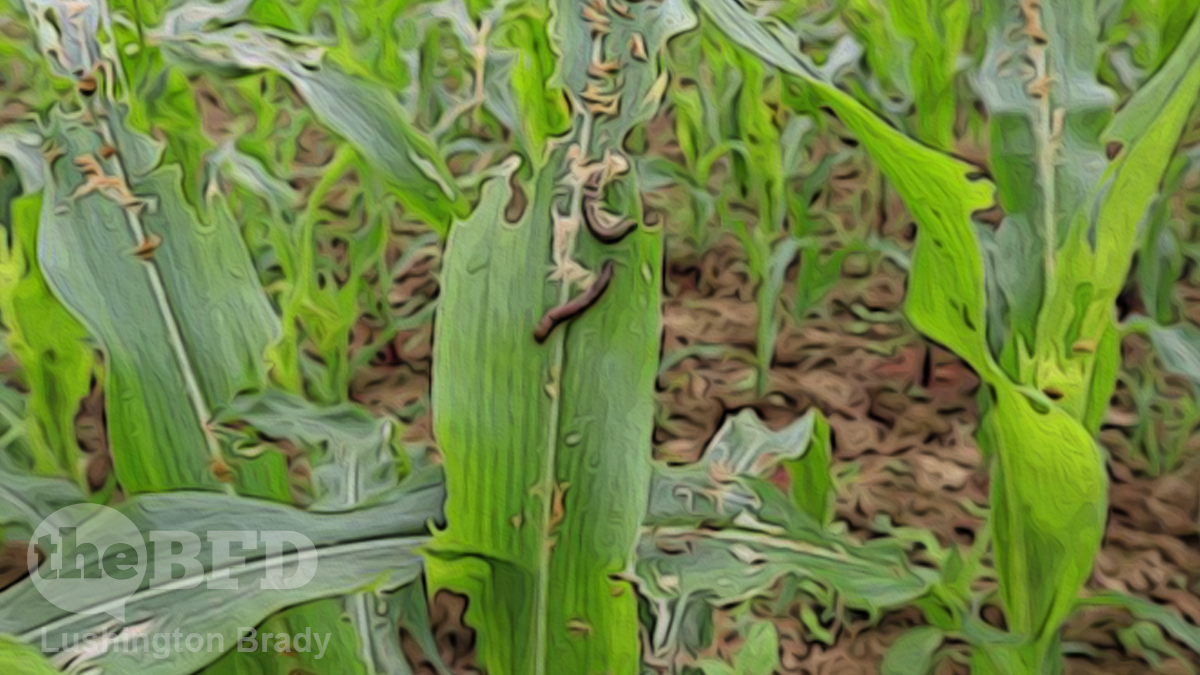Whenever well-off hippy types try to extol the virtues of “organic” farming, it’s worth pointing out that organic farming was the default for nearly all of the past 12,000 years. For all that time, 99.9% of the comparatively tiny human population lived on a monotonous diet of a few staples and was always just one bad harvest away from famine.
It’s thanks to the reviled “industrial farming” and the cross-bred GMOs of the 1960s onward that more humans are better fed today than at any time in human history.
Some people forget that too easily — with disastrous consequences.
Faced with a deepening economic and humanitarian crisis, Sri Lanka called off an ill-conceived national experiment in organic agriculture this winter. Sri Lankan President Gotabaya Rajapaksa promised in his 2019 election campaign to transition the country’s farmers to organic agriculture over a period of 10 years. Last April, Rajapaksa’s government made good on that promise, imposing a nationwide ban on the importation and use of synthetic fertilizers and pesticides and ordering the country’s 2 million farmers to go organic.
It went about as well as similar dalliances with socialist economics.
The result was brutal and swift. Against claims that organic methods can produce comparable yields to conventional farming, domestic rice production fell 20 percent in just the first six months. Sri Lanka, long self-sufficient in rice production, has been forced to import $450 million worth of rice even as domestic prices for this staple of the national diet surged by around 50 percent. The ban also devastated the nation’s tea crop, its primary export and source of foreign exchange.
Panicked, the government partially reversed the policy in 2021 and all but abandoned it last month. But the economic consequences have been devastating. The drop in tea production alone is estimated to have cost $425 million. On top of that, the government has thrown $350 million at farmers in compensation and subsidies.
At the same time, Sri Lanka’s lucrative tourism industry vanished due to covid policies.
Human costs have been even greater. Prior to the pandemic’s outbreak, the country had proudly achieved upper-middle-income status. Today, half a million people have sunk back into poverty. Soaring inflation and a rapidly depreciating currency have forced Sri Lankans to cut down on food and fuel purchases as prices surge. The country’s economists have called on the government to default on its debt repayments to buy essential supplies for its people.
This disaster is not just the fault of the Rajapaksa government: it’s also a searing indictment of wealthy activists who endlessly promote in defiance of reality. Not just Western hippies, but blithering cretins like leftist darling Vendana Shiva. The fringe practice of organic farming today only serves two niche markets: the very rich and the very, very poor.
At one end are the 700 million or so people globally who still live in extreme poverty. Sustainable agriculture proponents fancifully call the agriculture this population practices “agroecology.” But it is mostly just old–fashioned subsistence farming, where the world’s poorest eke out their survival from the soil.
They are the poorest farmers in the world, who dedicate most of their labor to growing enough food to feed themselves. They forego synthetic fertilizers and most other modern agricultural technologies not by choice but because they can’t afford them, caught in a poverty trap where they are unable to produce enough agricultural surplus to make a living selling food to other people; hence, they can’t afford fertilizer and other technologies that would allow them to raise yields and produce surplus.
At the other end of the spectrum are the world’s richest people, mostly in the West, for whom consuming organic food is a lifestyle choice tied up with notions about personal health and environmental benefits as well as romanticized ideas about agriculture and the natural world. Almost none of these consumers of organic foods grow the food themselves. Organic agriculture for these groups is a niche market—albeit, a lucrative one for many producers—accounting for less than 1 percent of global agricultural production.
Foreign Policy
In stark contrast to their deranged fantasies, organic farming is an environmental catastrophe. The reason countries from Britain to China are “re-wilding” (Britain has more forest today than at any time since the Industrial Revolution) is because “industrial farming” grows more food on less land. Farmers are no longer forced to try and scratch out crops on marginal land.
The follies of the self-righteous wealthy might be tolerable so long as it remains a niche twittery. But the problem is that these loons just can’t be satisfied with indulging in their “Good Life” fantasies. When their idiotic delusions are more widely applied, the result is Sri Lanka: misery and disaster.

